Eromycin | Tablet | 10 pcs
৳ 51.80
Brand Name: Eromycin Tablet
Generic: Erythromycin
250 mg
Manufacturer: Square Pharmaceuticals Ltd.
Unit Price: ৳ 5.18 (50’s pack: ৳ 258.79)
Indications
Erythromycin is highly effective in the treatment of a wide variety of clinical infections, such as
- Upper respiratory tract infections: Tonsillitis, peritonsillar abscess, pharyngitis, laryngitis, sinusitis, and secondary infections in cold and influenza.
- Lower respiratory tract infections: Tracheitis, acute and chronic bronchitis. Mycoplasma pneumoniae (lobar pneumonia, broncho pneumonia, primary atypical pneumoniae), bronchiectasis.
- Skin and soft tissue infections: Boils and carbuncles, paronychia, abscesses, pustular acne, impetigo, cellulitis, furuncolosis, erythrasma.
- Veneral infections: Non-specific urethritis, syphilis (if the patient is allergic to penicillin).
- Gastro-intestinal infections: Cholecystitis, Staphylococcal enterocolitis, infectious diarrhoea, & cholera.
- Ear and oral infections: 0titis media and otitis externa, gingivitis, dental abscesses.
- Prophylaxis: Pre-operative and post-operative, trauma, burns, rheumatic fever.
- Other infections: Diphtheria, whooping cough.
Therapeutic Class
Pharmacology
Dosage & Administration
Adult and Child over 8 years: 250-500 mg every 6 hours or 0.5-1 gm every 12 hours. This may be increased up to 4 gm daily according to severity of infections.
Child of 2-8 years: 250 mg every 6 hours, doses doubled for severe infections.
Child up to 2 years: 125 mg every 6 hours.
Neonates: 30 to 45 mg/kg daily in 3 divided doses.
Elderly: Same as for adults.
If administration on a twice daily schedule is desirable, one half of the total daily dose may be given every 12 hours, one hour before meal.
Amoebic dysentery:
- Adult: 250 – 500 mg four times daily for 10 – 14 days.
- Children: 30 – 50 mg/kg/day in divided doses for 10 – 14 days.
Pertussis: 30 – 50 mg/kg/day in divided doses for 5-14 days depending upon eradication of a positive culture.
Streptococcal infections: In the treatment of group A beta haemolytic streptococcal infections, therapeutic dosage of Erythromycin should be administered for at least 10 days.
Acne: The usual dosage regimen of erythromycin in the treatment of acne is 500 mg twice daily for 3 months. Then the dose is to be reduced to 250 mg twice daily for another 3 months.
Early Syphilis: 500 mg 4 times daily for 14 days.
Uncomplicated genital Chlamydia nongonococcal Urethritis: 500 mg twice daily for 14 days.
Prophylaxis: In continuous prophylaxis of streptococcal infections in person with a rheumatic heart disease, the dosage is 250 mg twice daily.
When Erythromycin is used prior to surgery to prevent endocarditis caused by alpha haemolytic streptococci, a recommended schedule:
- For children: 20 mg/Kg 1.5 – 2 hours pre-operatively and 10 mg/kg every 6 hours for 8 doses post-operatively.
- For adults: The dose is 1 g, 1.5 – 2 hours pre-operatively and 500 mg every 6 hours for 8 doses post-operatively.
Interaction
Theophylline: The use of Erythromycin in patients who are receiving concomitant high doses of theophylline may be associated with an increase in serum theophylline and potential theophylline toxicity. If symptoms of toxicity develop, the dose of theophylline should be reduced.
Digoxin: Concomitant administration of Erythromycin and Digoxin has been reported to result in elevated digoxin serum levels.
Contraindications
Side Effects
Pregnancy & Lactation
Pregnancy: There are no adequate and well-controlled studies in pregnant women about administration of Erythromycin therefore; this drug should be used during pregnancy only if clearly needed.
Lactation: Erythromycin is excreted in breast milk; therefore, caution should be exercised when Erythromycin is administered to a nursing woman.
Precautions & Warnings
Overdose Effects
Reconstitution
Direction for reconstitution of suspension: Shake the bottle to loosen powder. Add 60 ml (12 measuring spoonful) of boiled and cooled water to the dry powder of the bottle. For ease of preparation, add water to the bottle in two proportions. Shake well after each addition until all the powder is in suspension.
Note: Shake the suspension well before each use. Keep the bottle tightly closed. The reconstituted suspension should be stored in a cool and dry place, preferably in refrigerator and unused portion should be discarded after 7 days.
Storage Conditions
| Generic Name | Erythromycin |
|---|---|
| Size | 250 mg |
Only logged in customers who have purchased this product may leave a review.

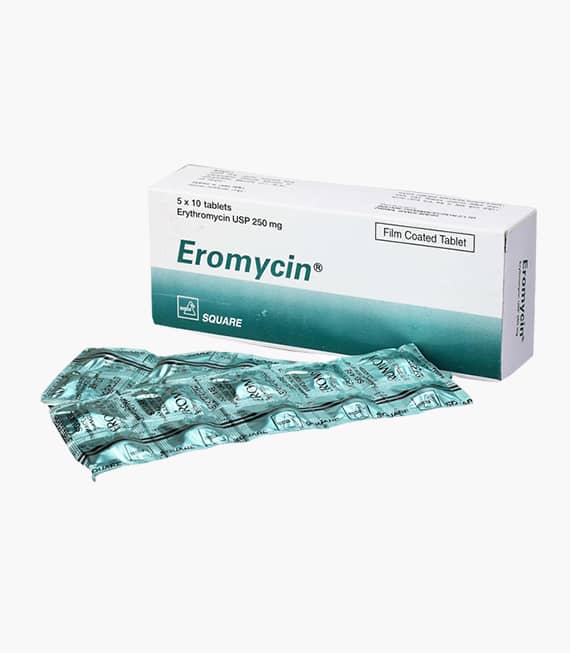
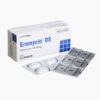
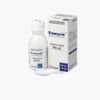

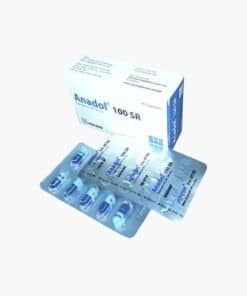
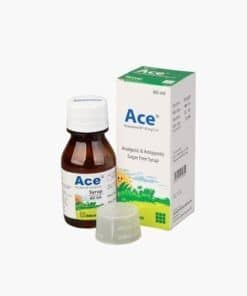
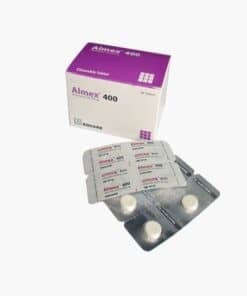
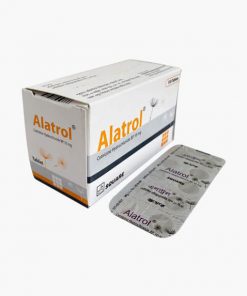
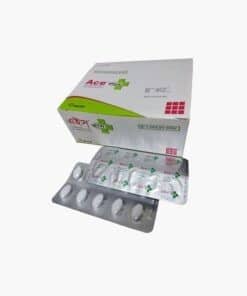

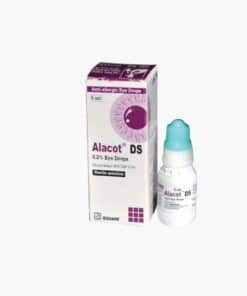
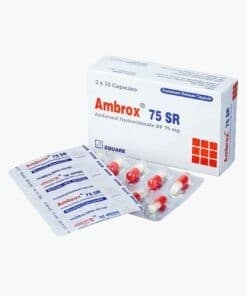
Reviews
There are no reviews yet.